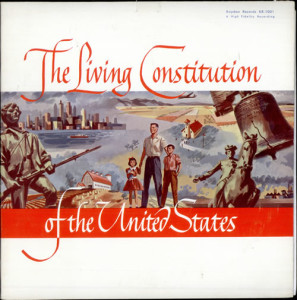A living opinion: same case and different outcome
March 24, 2016 In University of Texas Southwestern Medical Center v. Munoz, the Dallas Court of Appeals for the second time considered whether sovereign immunity barred the plaintiff’s claims. At the interlocutory stage, the answer was “no.” After a trial on the merits, the Dallas Court of Appeals said “yes,” and judgment was rendered for the University.
In University of Texas Southwestern Medical Center v. Munoz, the Dallas Court of Appeals for the second time considered whether sovereign immunity barred the plaintiff’s claims. At the interlocutory stage, the answer was “no.” After a trial on the merits, the Dallas Court of Appeals said “yes,” and judgment was rendered for the University.
The issue in the case was whether the University had sovereign immunity from a suit arising from an injury caused by an air handling unit. If the air handling unit was personal property, the Texas Legislature waived immunity under the Texas Tort Claims Act. If it was a fixture attached to real property, then there was no waiver and the suit was barred because the plaintiff was aware of the danger.
In the first interlocutory appeal, the Dallas Court of Appeals held that the air handling unit was personal property, and thus the trial court had jurisdiction because sovereign immunity was waived. The plaintiff argued on the appeal of the final judgment that this was the law of the case. It was, after all, the same air handling unit discussed in the opinion from the interlocutory appeal.
The Dallas Court of Appeals disagreed. Noting that “[i]f the record in one appeal on a plea to the jurisdiction differs from the record on a second appeal following trial, we review the evidence challenging the existence of jurisdictional facts.” The court held that it was logical to assume the facts were better developed by the time of trial, and so it would consider those better developed facts. After reviewing those facts, the Dallas Court of Appeals concluded that the air handling unit was actually a fixture and reversed the final judgment in favor of the plaintiff. So governmental entities, despair not if you lose your interlocutory appeal, because it may turn out that the court trying your case does not have jurisdiction after all.